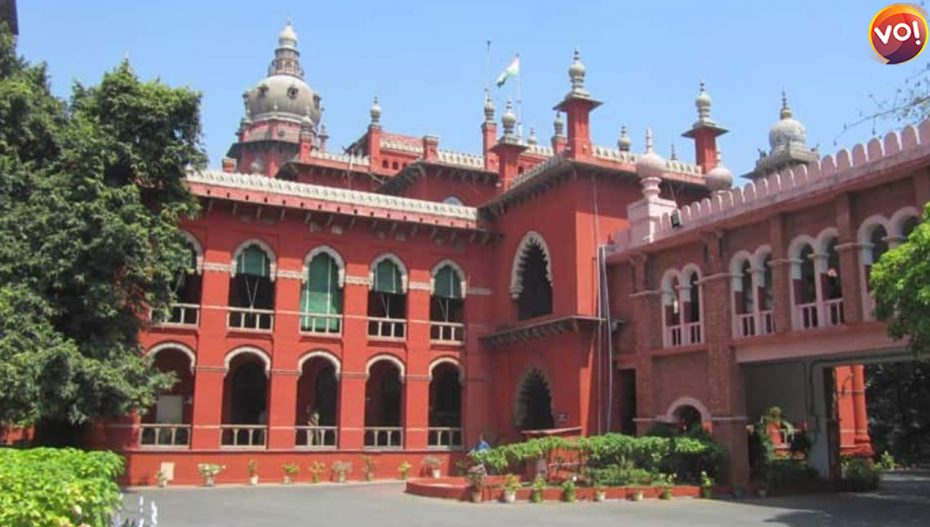It is now a matter of debate not to consider this a technological achievement in the Indian legal field but now the legal process is also taking on a modern twist. Madras High Court conducted an entire case hearing through WhatsApp, that too on a Sunday. Although, online hearing are not new as several were conducted during Covid-19 period, this was a special because it was a matter of urgency.
It was Judge G.R. Swaminathan’s quick thinking that the case was heard in time and possible violent clashes were avoided. Swaminathan got a call on Sunday while he was attending a wedding in Nagercoil. A trustee of Abheeshtha Varadaraja Swami Mandir, said that if the matter of holding Rath-yatra procession was not solved, it could lead to unrest in the village. The procession was scheduled for Monday, and so the judge had to take immediate decisions.
“Given the sensitivity of the situation, I had to take up the case immediately on WhatsApp,” the judge said at the outset of the ruling. The writ petitioner’s urgent petition compelled me to have a hearing.”
This was a tripartite hearing. On the one hand, the judge was hearing the case from Nagercoil, the petitioner’s counsel V Ramachandran was at one place, Advocate General R Shanmugasundaram was at another place in Chennai city. They were debating the matter of allowing the temple to hold a procession in Dharampuri district.
The Inspector General said that the Hindu Religious and Charitable Department did not have the authority to order the head of the temple and that holding such a procession was subject to the will of the heir to the throne. The judge dismissed the allegations.
Earlier, the Advocate General had told the court that he had no objection to the event taking place. Their only concern is the safety of the participants in this type of procession. Now if security matters are taken care of then they have no objection to the planning of the procession.
In view of this, the judge directed the temple authorities to strictly adhere to the rules and regulations laid down by the government while organizing the festival.












